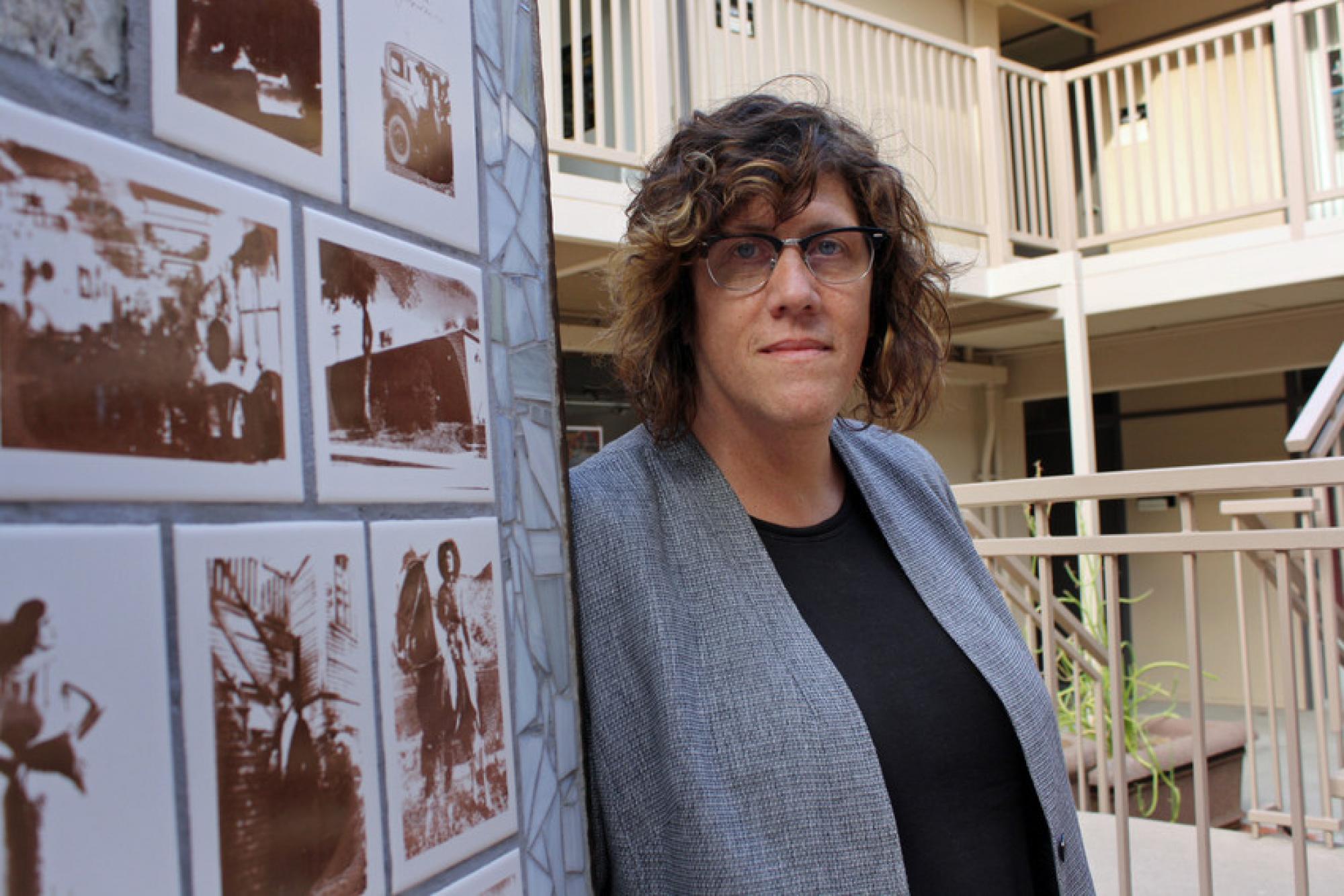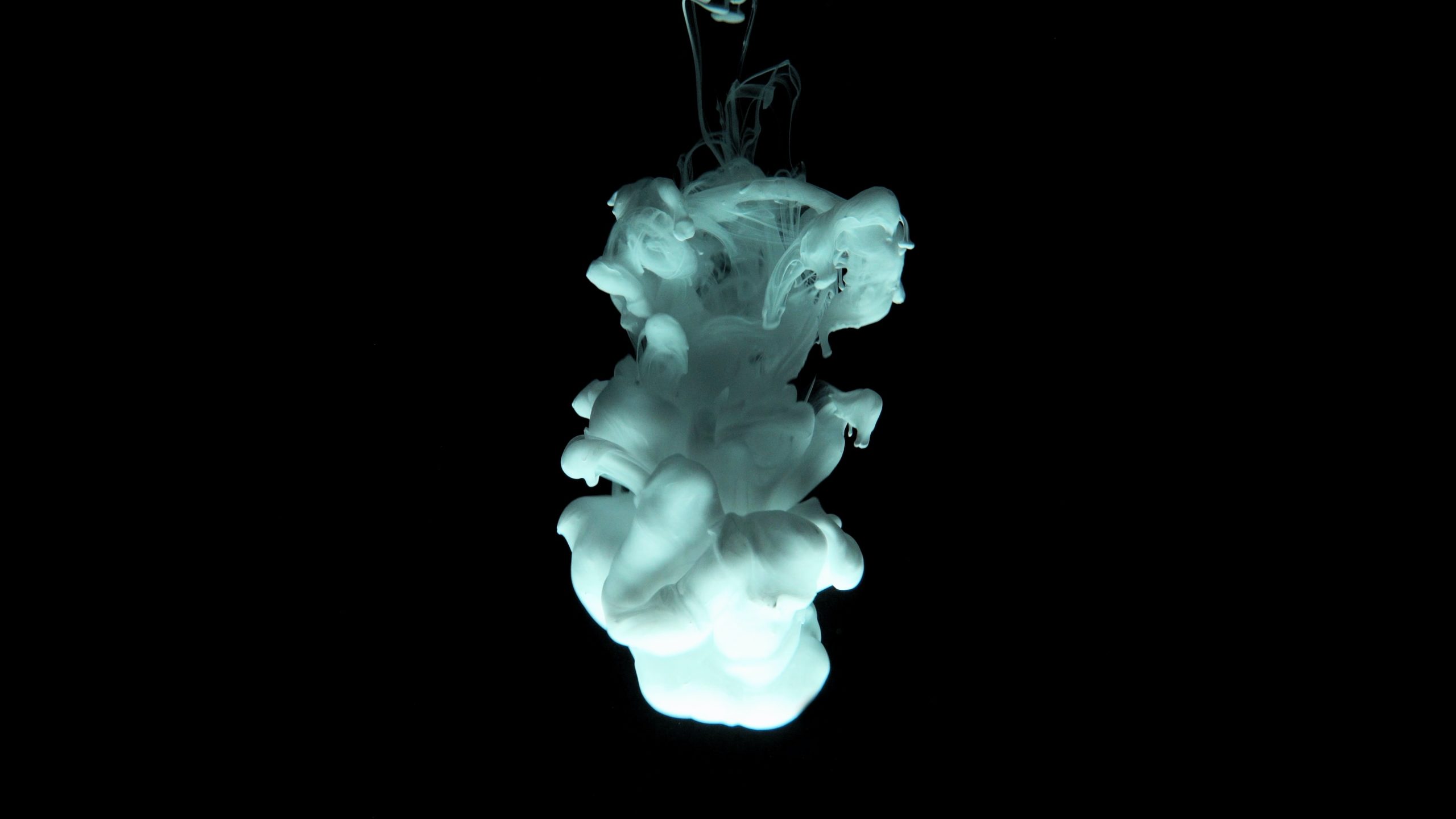Today we are honored to be in conversation with Professor Susan Stryker. She says that the past is as fluid as the future; that history is proof of how radical change transpires even if to us it feels incremental. You can read our interview here.
Last month we launched our first fundraising campaign. Our commitment is to keep both the submission process and our monthly issues free, to ensure accessibility. If you would like to support us, every dollar will go toward our work and to the writers we publish.
On the first day of the new year we offer you new clothes, new names, a long night, and new hands.
love,
amanda lezra
Editor-in-Chief
artists TALK
The Past is as Fluid as the Future
in Conversation with Susan Stryker
“The past is a foreign country in some ways, where you find things that you weren’t expecting based on their difference from present-day understanding. I think that’s actually the politically radical promise of studying history: that it empirically documents the actual existence of a social order different from now. And just as the past is different from now, transpositionally, the future can be different from now. Ultimately, history bears witness to the inescapability of difference and the inevitability of change.”
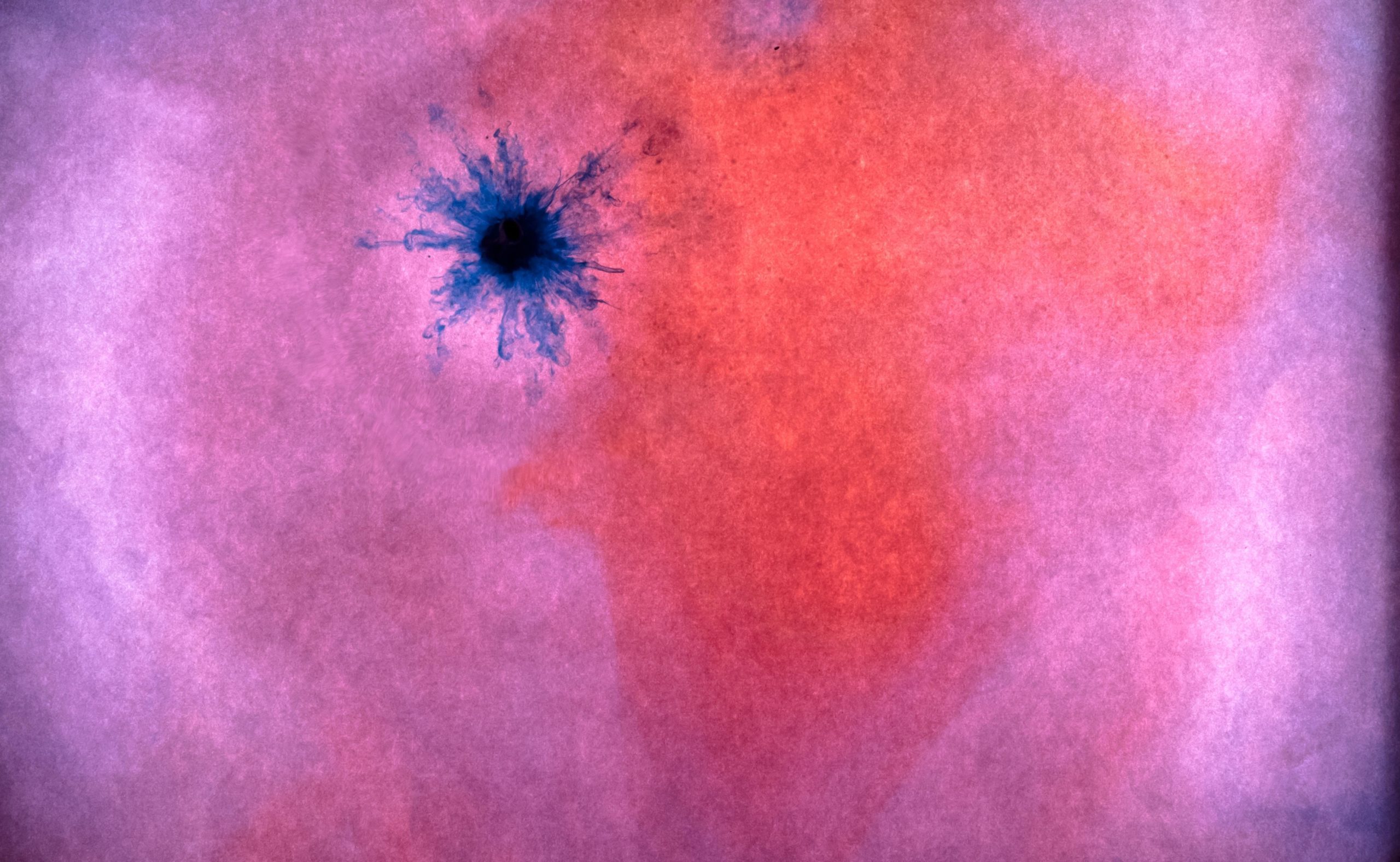
We Could Pretend My Mother Will Live Forever
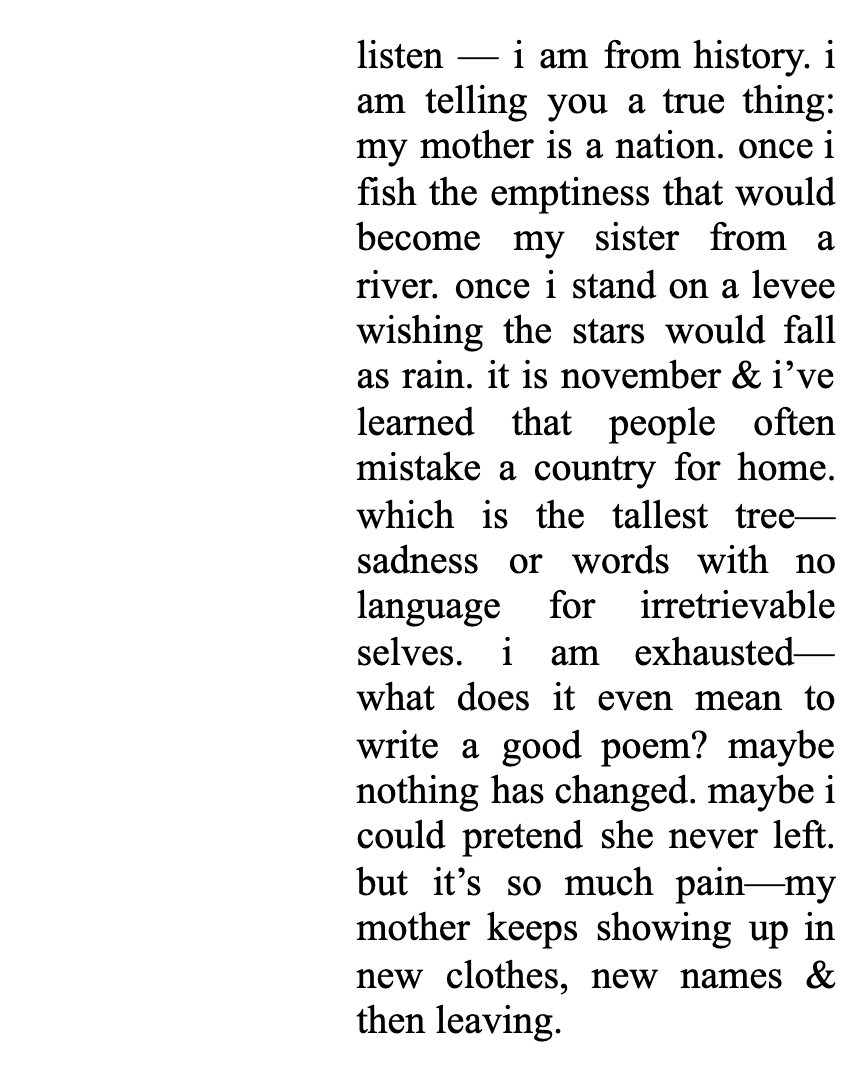
Ojo Taiye is a young Nigerian who uses poetry as a handy tool to hide his frustration with society. He also makes use of collage & sampling techniques.
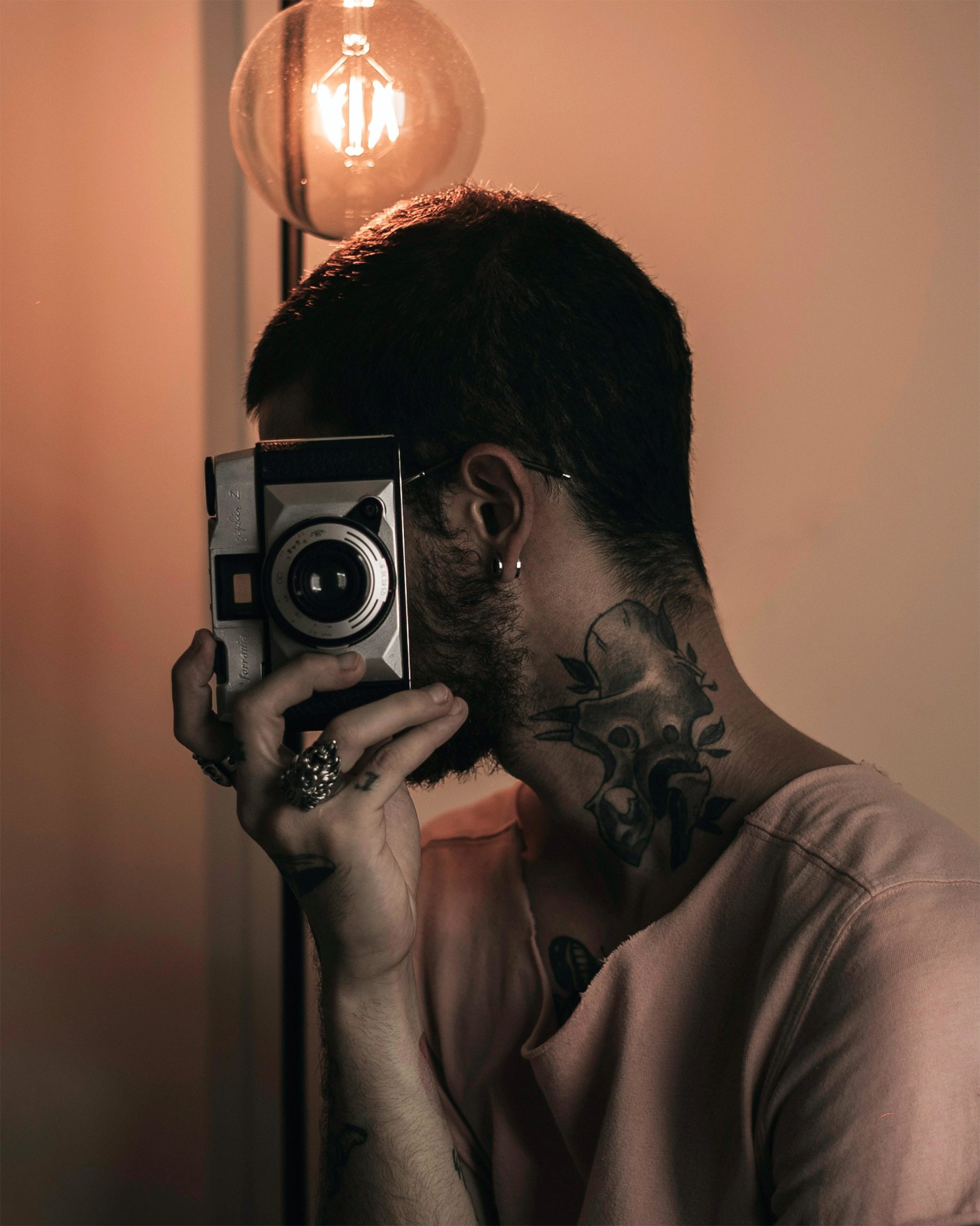
The Long Night
It felt like it was always winter
while we waited;
a long, cold intermission.
It always felt like we had to sit
and let the car warm up.
It felt like I always had to drive slow,
mindful of the black ice,
my back tires spinning on hills.
At the hospital, again,
and again, I had to wait
while they got you checked in,
the TV and the lights always set
to the exact same volume: blare.
The seating seemed chosen specifically
for its lack of comfort.
The nurses would be positively ghoulish:
It’s car accident season, they’d say.
You might get lucky.
Lucky. When your luck comes only
at someone else’s disaster,
can you still call it luck?
There was a waiting room in the renal ward
that was usually empty.
That’s where I liked to sit.
I’d look out the window at the snow.
I’d think of the solstice.
I’d think of Yuletide, season of death and life.
I’d think of the hunt.
I’d think of the right confluence of events
that would put an end to our waiting,
one way or the other.
They’d tell me
you were going to be here a while.
That I should go home. Get some sleep.
I wanted to tell them, I haven’t slept
in four years.
Maybe that’s why it also felt
like it was always night.
Lauren Scharhag is the author of fourteen books, including Requiem for a Robot Dog (Cajun Mutt Press) and Languages, First and Last (Cyberwit Press). Her work has appeared in over 150 literary venues around the world. Recent honors include the Seamus Burns Creative Writing Prize, multiple Best of the Net and Pushcart Prize nominations, and acceptance into the 2021 Antarctic Poetry Exhibition. She lives in Kansas City, MO. To learn more about her work, visit: www.laurenscharhag.blogspot.com
Finding Home
in memory of x
I have been to the border too many times.
Now I feel like my body is
an intersection of different countries.
Each map traces its route
back to a room: I’m young, properly dressed,
and I don’t know where we’re going.
In Venice, I speak Italian to half the boys in
my class, the words drilling
a hole through my tongue.
But they won’t reply, until I learn to curl my
hair like theirs.
An American neighbour thinks my body reminds
him of Nigeria,
and I tell him I’ve been there. Since I was 8, I
have always been unpacking.
Each time I leave, a friend dissolves
outside the border. Too bad, I keep
memorizing how to hold new hands.
At night, my mum calls with a foreign number.
She can’t remember which
country my father had left her at the mall,
a baby in her arms. She
says I’m leaving too, like he did, only this time
there is nothing to hold on to.
We argue a little about
stray dogs. She says the way back is inside me.
In my room, I list out all the places I have ever
been, but the names are so familiar,
I can’t find home.
Chiwenite Onyekwelu is Nigerian. His poems have appeared on Cultural Weekly, America Magazine, Isele, Brittle Paper, Kreative Diadem and elsewhere. He edits poetry for Sub-saharan Magazine, and was winner of the 2020 Jack Grapes Poetry Prize, runner up for the Foley Poetry Contest 2020, as well as finalist for Stephen A. Dibiase Poetry Prize 2020. He studies pharmacy at Nnamdi Azikiwe University, Awka, and plays guitar.
Today we are honored to be in conversation with Professor Susan Stryker. She says that the past is as fluid as the future; that history is proof of how radical change transpires even if to us it feels incremental. You can read our interview here.
Last month we launched our first fundraising campaign. Our commitment is to keep both the submission process and our monthly issues free, to ensure accessibility. If you would like to support us, every dollar will go toward our work and to the writers we publish.
On the first day of the new year we offer you new clothes, new names, a long night, and new hands.
love,
amanda lezra
Editor-in-Chief
artists TALK
The Past is as Fluid as the Future
in Conversation with Susan Stryker
“The past is a foreign country in some ways, where you find things that you weren’t expecting based on their difference from present-day understanding. I think that’s actually the politically radical promise of studying history: that it empirically documents the actual existence of a social order different from now. And just as the past is different from now, transpositionally, the future can be different from now. Ultimately, history bears witness to the inescapability of difference and the inevitability of change.”

We Could Pretend My Mother Will Live Forever

Ojo Taiye is a young Nigerian who uses poetry as a handy tool to hide his frustration with society. He also makes use of collage & sampling techniques.

The Long Night
It felt like it was always winter
while we waited;
a long, cold intermission.
It always felt like we had to sit
and let the car warm up.
It felt like I always had to drive slow,
mindful of the black ice,
my back tires spinning on hills.
At the hospital, again,
and again, I had to wait
while they got you checked in,
the TV and the lights always set
to the exact same volume: blare.
The seating seemed chosen specifically
for its lack of comfort.
The nurses would be positively ghoulish:
It’s car accident season, they’d say.
You might get lucky.
Lucky. When your luck comes only
at someone else’s disaster,
can you still call it luck?
There was a waiting room in the renal ward
that was usually empty.
That’s where I liked to sit.
I’d look out the window at the snow.
I’d think of the solstice.
I’d think of Yuletide, season of death and life.
I’d think of the hunt.
I’d think of the right confluence of events
that would put an end to our waiting,
one way or the other.
They’d tell me
you were going to be here a while.
That I should go home. Get some sleep.
I wanted to tell them, I haven’t slept
in four years.
Maybe that’s why it also felt
like it was always night.
Lauren Scharhag is the author of fourteen books, including Requiem for a Robot Dog (Cajun Mutt Press) and Languages, First and Last (Cyberwit Press). Her work has appeared in over 150 literary venues around the world. Recent honors include the Seamus Burns Creative Writing Prize, multiple Best of the Net and Pushcart Prize nominations, and acceptance into the 2021 Antarctic Poetry Exhibition. She lives in Kansas City, MO. To learn more about her work, visit: www.laurenscharhag.blogspot.com
Finding Home
in memory of x
I have been to the border too many times.
Now I feel like my body is
an intersection of different countries.
Each map traces its route
back to a room: I’m young, properly dressed,
and I don’t know where we’re going.
In Venice, I speak Italian to half the boys in
my class, the words drilling
a hole through my tongue.
But they won’t reply, until I learn to curl my
hair like theirs.
An American neighbour thinks my body reminds
him of Nigeria,
and I tell him I’ve been there. Since I was 8, I
have always been unpacking.
Each time I leave, a friend dissolves
outside the border. Too bad, I keep
memorizing how to hold new hands.
At night, my mum calls with a foreign number.
She can’t remember which
country my father had left her at the mall,
a baby in her arms. She
says I’m leaving too, like he did, only this time
there is nothing to hold on to.
We argue a little about
stray dogs. She says the way back is inside me.
In my room, I list out all the places I have ever
been, but the names are so familiar,
I can’t find home.
Chiwenite Onyekwelu is Nigerian. His poems have appeared on Cultural Weekly, America Magazine, Isele, Brittle Paper, Kreative Diadem and elsewhere. He edits poetry for Sub-saharan Magazine, and was winner of the 2020 Jack Grapes Poetry Prize, runner up for the Foley Poetry Contest 2020, as well as finalist for Stephen A. Dibiase Poetry Prize 2020. He studies pharmacy at Nnamdi Azikiwe University, Awka, and plays guitar.
Sign up to receive a new issue of Rough Cut Press the first week of each month.
We will never share your contact information without explicit permission.



